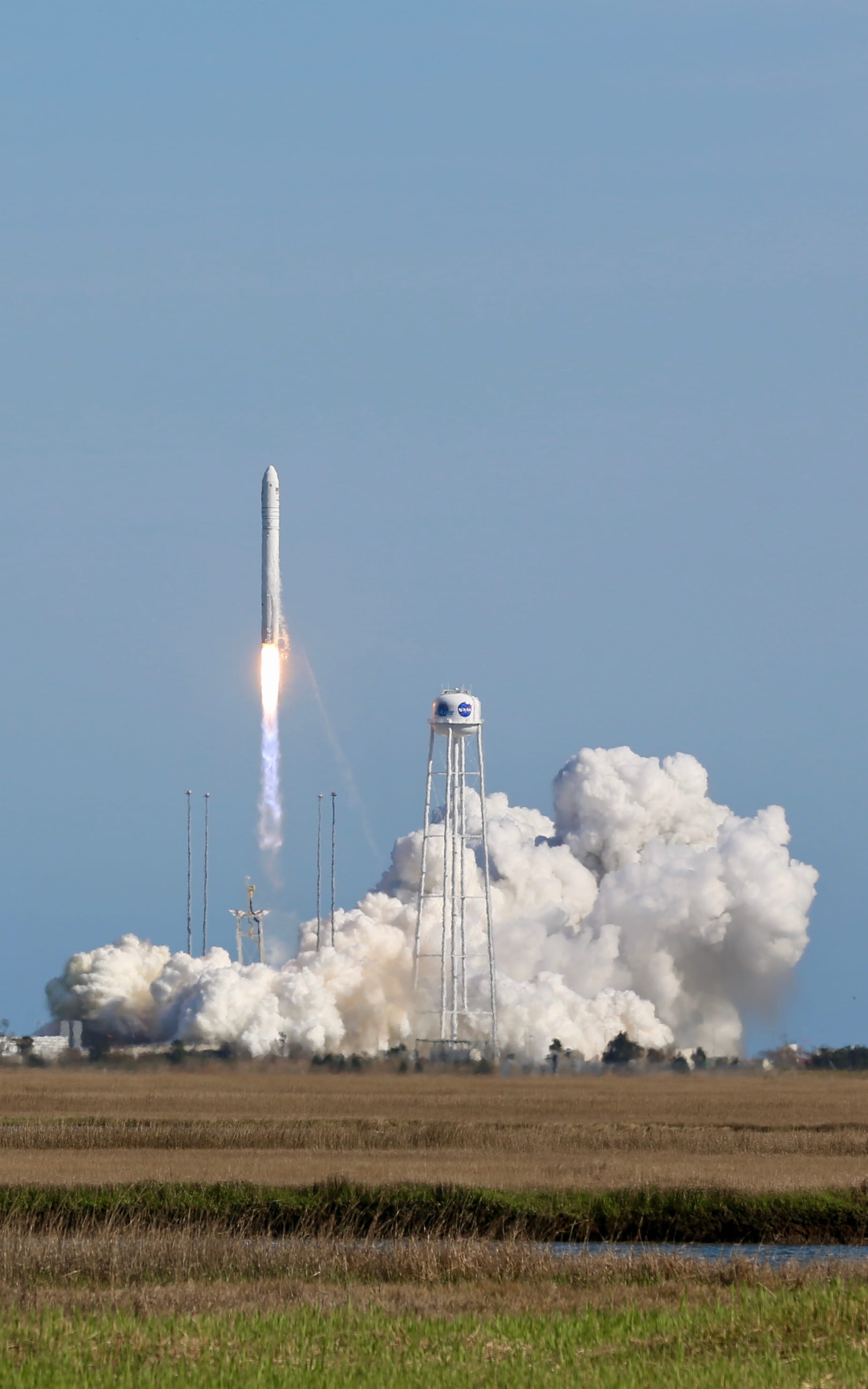We have liftoff

Everything since October 1957, when Sputnik streaked across the sky, has led to where we are today.
Sputnik led to our own satellites and then to vehicles that could hold animals, then people, then we could orbit the earth then we could orbit the moon, and then we could land on the moon. And then we made rockets that were reusable, and we kept flying. We used a science research station in Antarctica to test the possibility living on the moon. Or on Mars. And then we use the International Space Station to test the limits of how long we can survive in space for those longer trips.
Everything in spaceflight is an iterative experiment. Each new flight does a few new things for the very first time while also testing possibilities so future missions can create their own firsts.
Every flight builds on the shoulders of all the flights that came before it. It’s a slow process, but it works.
Gravity is a hell of a thing. Conceptually I knew a 50 ton rocket pushing 7600lbs up into the air would take a lot of thrust, but it’s not until you’re standing a couple miles away watching it happen that you realize just how much thrust it takes.
Light travels much faster than sound, so you hear T-minus 3, 2, 1, and then you see a blast of smoke and then you see the rocket rise and then you see the flame, and being two miles away, it takes about 12-15 seconds for the blast at the speed of sound to reach you. For a long moment your eyes deceive your ears and you wonder if any of this is real. Then you hear the sound. Then you feel the sound.
I’ve never heard a sound like this before in my entire life. I don’t know if it is millions of tiny sonic booms compounded together, but it sounds like a rocket powered zipper ripping the sky apart down to its basic particles. It’s incredibly loud, and you feel it in your chest. And it’s entirely odd, since nothing sounds quite like it.
It was almost overwhelming to watch tons of equipment rise off the ground and shoot up to the air until it disappeared completely. It’s a triumph of science, an 11th flight that built on the previous 10, along with every previous flight of the past 60 years that NASA has existed. It was also a triumph of mathematics and astronomy and engineering and loads of other disciplines.
Rockets are a concerted, collected effort. Dozens of different agencies work together with hundreds of private companies and suppliers. Space programs from half a dozen different countries worked together to assemble the thousands of parts that formed it. And still, it all worked.
As the rocket left the ground I couldn’t help but feel I was witnessing a pinnacle of human achievement and knowledge, not only raising a seemingly impossible amount of mass off the ground but up into the sky where it was set to converge with a bunch of people floating in a box that itself orbits the Earth every 90 minutes. Imagine the math required to get that right.
We sent a rocket up with food, supplies, and experiments and it will be in astronaut hands in a day and a half. That’s fucking incredible.
Watching the launch made today one of the top 5 days of my life.
Subscribe to our newsletter.
Be the first to know - subscribe today





